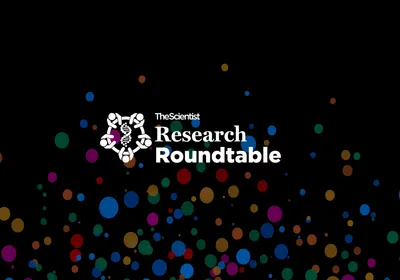 WIKIMEDIA, GEORGE GASTINAmid much talk about how to secure individuals' genomic information from prying eyes, a British group is working to do the opposite—allow for people to put their genomic and health information in an open-access database for anyone to use. The new British Personal Genome Project (PGP-UK) follows the lead of other groups in various countries around the world that have had success recruiting volunteers to submit their personal information. “This is not for everyone,” Jane Kaye, director of the Center for Law, Health and Emerging Technologies at Oxford University, told The Guardian. “We are talking about information altruists here.”
WIKIMEDIA, GEORGE GASTINAmid much talk about how to secure individuals' genomic information from prying eyes, a British group is working to do the opposite—allow for people to put their genomic and health information in an open-access database for anyone to use. The new British Personal Genome Project (PGP-UK) follows the lead of other groups in various countries around the world that have had success recruiting volunteers to submit their personal information. “This is not for everyone,” Jane Kaye, director of the Center for Law, Health and Emerging Technologies at Oxford University, told The Guardian. “We are talking about information altruists here.”
The first Personal Genome Project started in the U.S. by Harvard Medical School's George Church. A couple hundred genomes have been sequenced among those of a few thousand volunteers who have signed up to participate so far. The UK organization aims to start slow, with 50 volunteers submitting their genomes in the first year, but work up to 100,000 individuals over time.
The aim of such databases is to advance understanding of the genetic underpinnings of disease. According to Science Insider, the U.S. PGP has demonstrated that there are plenty of people willing to share their most intimate genetic secrets, but “there’s a challenge in coming up with the funds” for sequencing, Church told ScienceInsider.






















